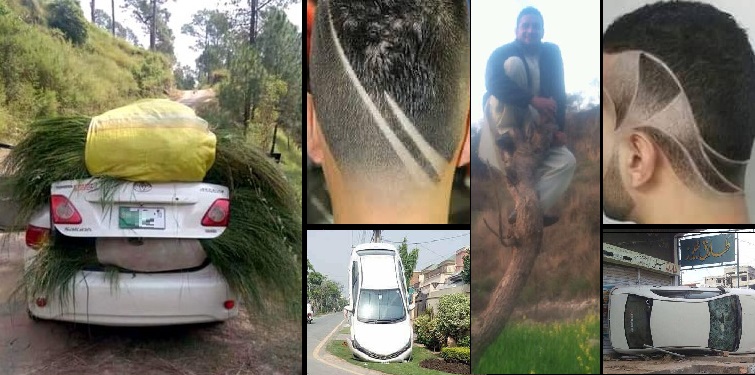Remittances continue to play an important part in the link between the `prosperous’ British Pakistanis and those relatives who still depend on remittances.

It is important to note that only some relatives have benefited from remittances and only those considered to be part of the family received this money.
This is perhaps a stereotype of Pakistanis who sent remittances because it suggests that the `biraderi looks after its own’. Most did not receive any financial benefit at all.
Despite an increase in financial resources for some lower caste families, they still remained in the same caste. This meant that the social status of immigrants, of fellow biraderi, was still being judged by the caste system.
This is quite different from the concept of a Western ‘social class’ system, which was alien to the vast majority of rural immigrants who have been brought up under the caste system.
Most of the British Pakistani communities living in Britain came from two parts of Pakistan: Mirpur and Punjab. People of Punjabi (mixed urban and rural) and Mirpuri (mainly rural).
When British Uncles and Aunts Send Back Hard Earned Money to Their Families in Mirpur and Kotli
People from Mirpur Division (Mirpur, Kotli, Bhimber) are based in the United Kingdom and are settled mostly in Birmingham, Bradford, Oldham, London and surrounding towns.
The initial migrants from Pakistan were men who settled in industrial sectors: such as the Midlands, Yorkshire, and Birmingham, in order to work and send their earnings to their families and ‘biraderis’ back home (Pakistan). They
Sending money back to their relatives and families was the strongest reason for the Pakistani migrants to work hard. They wanted to strengthen their kinship ties to biradari on the top of Supporting and establishing their own families and relatives, as they were deeply tied to familial and ritual taboos because of their rural background.
Pakistani migrants manage their family ties through remittances. A single hours work in Britains generates at least as much purchasing power as does a full weeks hard labour always assuming that work is available in Pakistan.
British Pakitanis are supposed to help their parents as well as close relatives, siblings, and the extended family members: aunts, uncles and cousins, poor village fellows, the disabled, and widows.
Young men back are are much better off as they can ask money to buy motorcycle, or better still a car, in which to speed around impressively; likewise they can roam the bazaar, visit friends and relatives, or take a stroll around the Mangla Lake.
When that palls they can still go and sit grandly in a restaurant or hotel, ordering endless rounds of tea, Coca-Cola and snacks.
Remittance from Britain has made Mirpur a place quite unlike anywhere else in the region, huge villas, luxury cars young men don’t seek education or work. They proudly say we don’t need to study or work as we have number of relative in UK who send us money. And after all we will end up landing in UK by marring one of our cousin.
If you refuse sending them money or giving them your British National girl to land in UK, they would stop talking to you and complaining about you making your life miserable.
